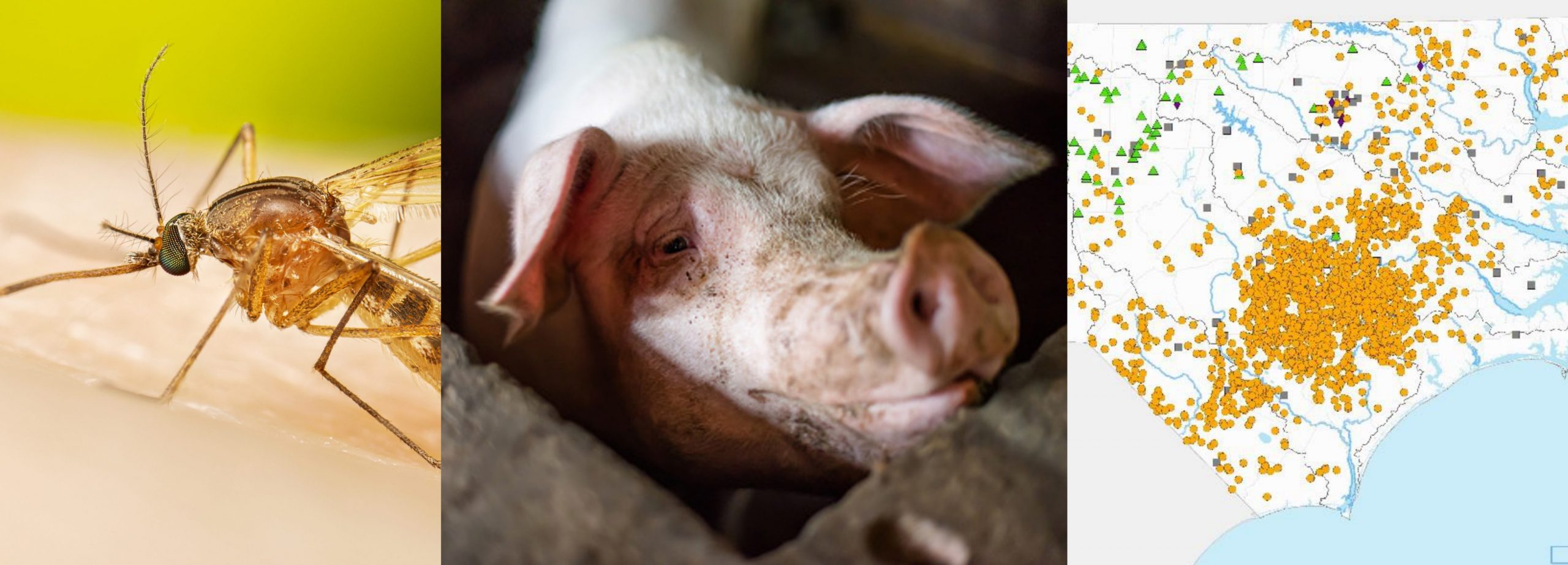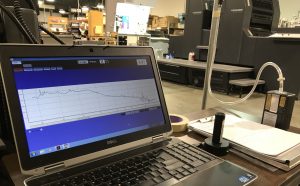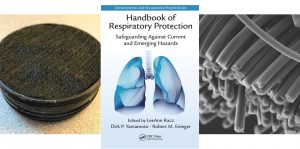Michaud K*, Iverson G, Reiskind MH, Kearney G and Richards SL (2022). Brief Review of Japanese Encephalitis Virus: Recommendations Related to North Carolina Swine Farms and Wider Implications for Swine Farming. Parasitoligia 2: 302-312. doi:10.3390/parasitologia2040025
Abstract
Japanese encephalitis virus (JEV) is a mosquito-borne virus primarily found in Asia and Australia and is one of the few with an associated human/animal vaccine. Swine are amplifying hosts and wading birds are reservoirs of JEV, while horses and humans are incidental hosts. The primary vector is Culex tritaeniorhynchus, a generalist blood feeder not found in the United States (US); secondary vectors (e.g., Cx. pipiens, Cx. quinquefasciatus, Aedes japonicus, Ae. vexans) are widespread in the US (including North Carolina [NC]). The risk of JEV to NC was investigated because of widespread swine production, human populations, bird hosts, and possible mosquito vectors; however, recommendations can also apply to other swine producing states and regions. A brief review was conducted to identify transmission competent arthropod vectors, vertebrate hosts, and vector-host interactions for JEV. NC and other areas may be at risk for JEV emergence because of factors such as active international trade, volume of swine production, permissive climate, and widespread occurrence of potential vector species. Improved knowledge of the spatial distribution of swine farms, tracking movement of live swine, assessment of vector competence/capacity and blood feeding habits of potential JEV vectors, investigation of a JEV sentinel surveillance system, and assessment of efficacy for current biosecurity and control measures is needed to protect public and veterinary health.
*Kenneth Michaud is an alumnus (Spring 2022) of the ECU MS Environmental Health (MSEH) program. This article was derived from his MSEH Professional Paper project.




